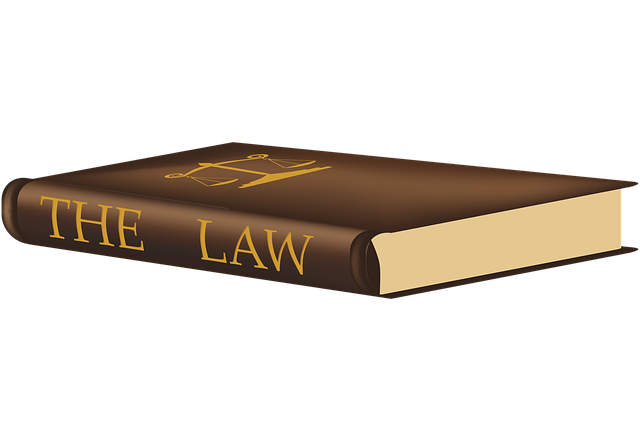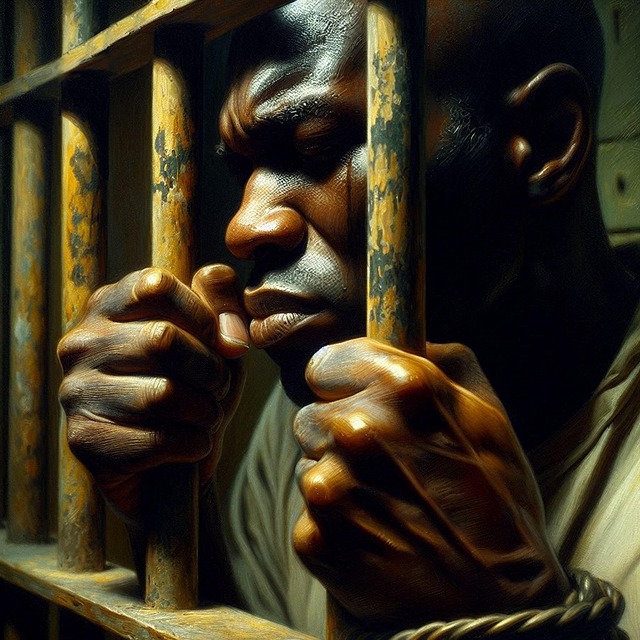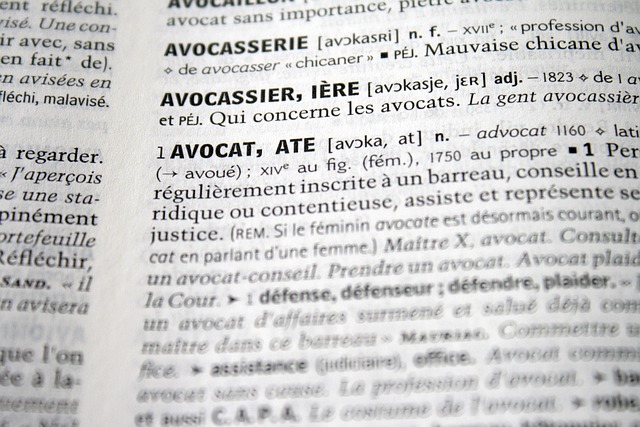C-Level Investigations scrutinize corporate executive misconduct, balancing legal, ethical, and reputational aspects. Due Process Rights in Criminal Trials are vital for fairness in high-stakes trials, requiring lawyers to protect client interests and promote justice. Global investigations pose challenges due to cross-border laws, necessitating best practices like multicultural investigators and robust internal protocols. Effective communication, respecting rights, and strategic messaging enhance investigation outcomes and cooperation.
“In the realm of criminal justice, C-Level investigations represent a critical phase that can shape outcomes for all involved. This comprehensive guide delves into the intricacies of these high-stakes inquiries, focusing on due process rights – a cornerstone of fair trials. We explore how evidence and legal procedures play a symphony of roles in ensuring justice is served.
From understanding the basics to navigating complexities and best practices, this article offers invaluable insights. Additionally, it highlights strategies for effective communication during investigations, emphasizing the delicate balance between efficiency and safeguarding Due Process Rights in criminal trials.”
- Understanding C-Level Investigations: A Comprehensive Overview
- Due Process Rights: Protecting Individuals in Criminal Trials
- The Role of Evidence and Legal Procedures in Fair Trials
- Navigating Complexities: Challenges and Best Practices
- Strategies for Effective Communication During Investigations
Understanding C-Level Investigations: A Comprehensive Overview
C-Level Investigations refer to high-level inquiries into potential misconduct or wrongdoings involving executives and top-tier management within corporations and organizations. These investigations are comprehensive processes designed to ensure transparency, accountability, and adherence to legal standards. They are crucial for maintaining corporate integrity and protecting both corporate and individual clients from allegations of unethical behavior, especially in the context of due process rights in criminal trials.
The scope of C-Level Investigations is vast, encompassing various aspects such as financial irregularities, fraud, breach of confidentiality, and violations of regulatory compliance. For his clients, these inquiries are often complex and sensitive, requiring skilled professionals to navigate legal, ethical, and reputational considerations. The outcome can significantly impact not just the organization but also the personal careers and reputations of those under investigation, which is why ensuring fairness and adherence to due process during jury trials is paramount.
Due Process Rights: Protecting Individuals in Criminal Trials
In any criminal trial, especially high-stakes cases, due process rights are paramount. These fundamental principles ensure that individuals accused of crimes receive a fair and impartial hearing. They encompass various protections, including the right to be informed of the charges, to confront accusers, and to present evidence in their defense. Ensuring these rights is crucial for maintaining public trust in the justice system and winning challenging defense verdicts.
Knowing and upholding due process rights are vital for legal professionals navigating complex cases. It involves a meticulous approach to gathering and presenting evidence, cross-examining witnesses, and constructing a robust defense strategy. By adhering to these guidelines, lawyers can not only protect their clients’ interests but also foster a more just and equitable legal environment, particularly within the respective business sectors they operate in.
The Role of Evidence and Legal Procedures in Fair Trials
In any justice system, ensuring fair trials is paramount. Evidence plays a crucial role in this process, as it provides the basis for factual determination and decision-making. However, to maintain integrity, evidence collection and presentation must adhere to strict legal procedures. These procedures safeguard the Due Process Rights in Criminal Trials, ensuring that every defendant receives a just hearing.
Across the country, general criminal defense attorneys are instrumental in navigating these complex landscapes. They guide their clients through the intricate web of evidence rules and procedural norms, fighting for their rights at every step. Their expertise is vital in securing a fair trial, where evidence is admissible, procedures are followed, and due process is upheld.
Navigating Complexities: Challenges and Best Practices
Navigating the complexities of investigations at the C-suite level presents a unique set of challenges. As companies expand globally, their management teams often face cross-border issues and must ensure compliance with varying legal frameworks. This is where best practices become paramount to protect not just the organization but also individuals’ Due Process Rights in Criminal Trials. A thorough understanding of local laws and international standards is essential throughout all stages of the investigative and enforcement process.
One key practice involves engaging experienced, multicultural investigators who can adapt to diverse environments. These professionals ensure that investigations are conducted fairly and ethically across the country, upholding the rights of both the company and its employees. By implementing robust internal protocols and staying abreast of legal developments, organizations can effectively manage these complexities while ensuring their actions remain within legal boundaries.
Strategies for Effective Communication During Investigations
Effective communication is paramount during investigations, especially when balancing the needs of corporate and individual clients. With an unprecedented track record in handling complex cases, investigators must ensure that all parties involved understand their rights and the process. This includes providing clear explanations of the investigation’s scope and purpose, allowing for open dialogue, and respecting due process rights in criminal trials.
Strategic communication helps to build trust, maintain transparency, and mitigate potential risks. It involves tailoring messages to different stakeholders—from executives to employees—ensuring everyone is on the same page without compromising confidentiality. This meticulous approach facilitates a smooth investigation, improves cooperation, and increases the likelihood of a positive outcome for all involved, whether it’s through successful jury trials or alternative resolutions.
C-Level investigations demand a meticulous balance between thorough inquiry and respect for individual rights, especially regarding Due Process Rights in Criminal Trials. As we’ve explored, understanding legal procedures, evidence handling, and communication strategies is pivotal to ensuring fairness. By adhering to best practices and navigating complexities with care, organizations can uphold the integrity of their processes while protecting the due process rights of all involved. This comprehensive approach not only strengthens investigations but also fosters public trust in a crucial aspect of criminal justice.






